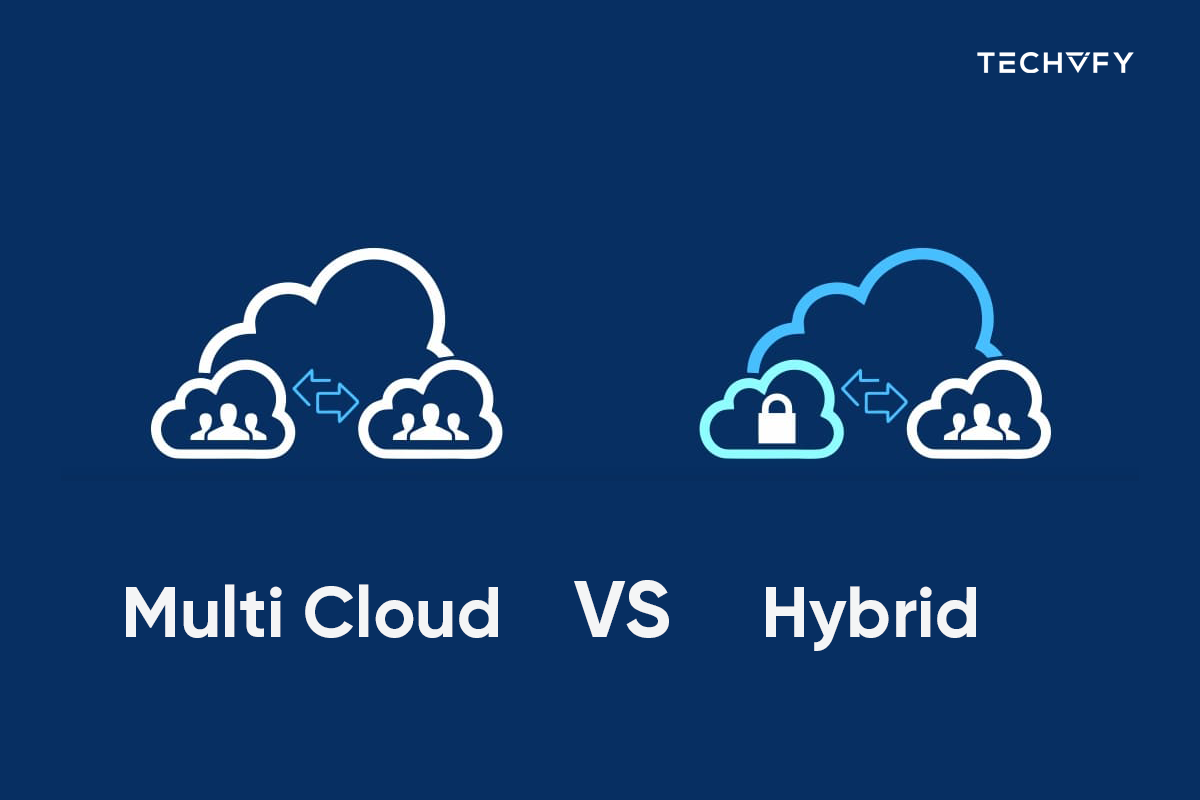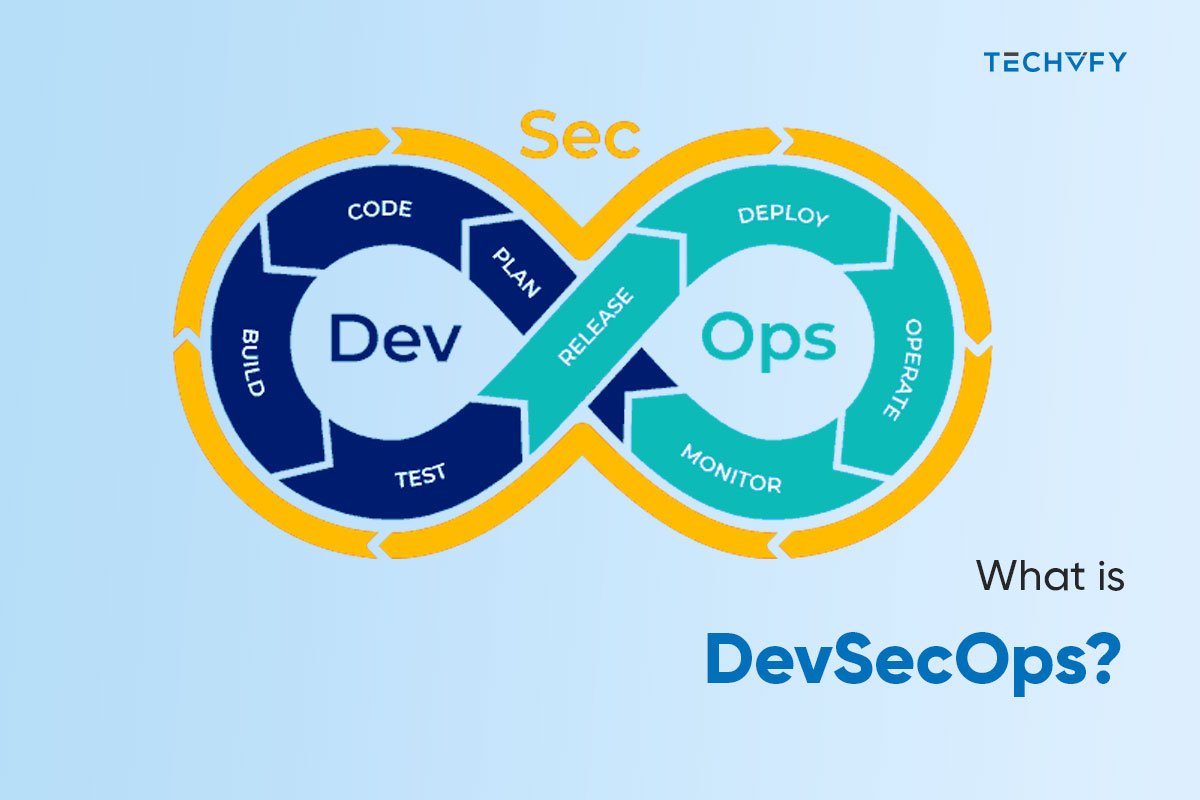Master the Craft: 9 Software Engineering Best Practices
- David Ho
- 0 Comments
In the ever-evolving software development landscape, mastering software engineering best practices is not a luxury but a necessity. These powerful principles aren’t just theoretical guidelines; they’re the secret sauce that unlocks quality code, efficient workflows, and a thriving software product. Whether a seasoned veteran or a budding developer, this guide delves into the best methods to elevate your game and propel you toward a successful and fulfilling software engineering career. Dive in, explore the tools and techniques, and discover how these practices can transform your code, your team, and your entire software development journey.
I. What are software engineering best practices?
Software engineering best practices are proven techniques that improve code quality, efficiency, and security. These include clean code principles, version control, testing strategies, design patterns, and secure coding practices. Adopting best practices helps developers build reliable, maintainable, and performant software.
Learn More On:
II. Best Practices Relevant to Software Engineering
#1. Enhance Code Readability
Use a consistent coding style throughout your project to improve code readability. Use meaningful names for your variables and functions, follow indentation guidelines, and divide complex logic into manageable, thoroughly documented chunks. This approach simplifies understanding, lowers the possibility of mistakes, and improves team member collaboration. In addition to helping with current development, readable and clear code also makes maintenance and troubleshooting much easier in the future.
#2. Refactor Your Code
Refactoring is reorganizing already-written code to improve its maintainability and quality without altering its behavior externally. This step involves work such as streamlining intricate functions, getting rid of unnecessary code, and enhancing naming standards. Through refactoring, programmers make their code easier to read, scale, and adapt, facilitating understanding and modification.
#3. Ensure Your Code Works Efficiently
Write fast and resource-efficient code to guarantee peak performance. Prioritize algorithmic efficiency, select suitable data structures, and carefully optimize crucial code segments to accomplish this. Profile your code frequently to find areas that need work and bottlenecks. Adopt effective coding techniques, such as reducing the number of duplicate operations and, when necessary, using parallel processing. Using best resource management and algorithm design practices guarantees that your code runs quickly and correctly, adding to the overall high-performance software solution.

#4. Apply The KISS Principle
The KISS Principle, “Keep It Simple, Stupid,” is about keeping things simple in coding. When you write code, aim for simplicity in design and implementation. Choose straightforward solutions over complicated ones because simplicity makes your code easy to read, lowers the chance of mistakes, and makes it simpler to maintain.
#5. Embrace The DRY Principle
The DRY (Don’t Repeat Yourself) principle encourages the creation of reusable abstractions and components to reduce code duplication. Determine recurrent themes or features, then incorporate them into modules, classes, or functions. DRY makes future changes easier, lowers the chance of inconsistencies, and encourages code maintainability. Following the DRY principle results in a more effective and manageable codebase, requiring less work to update and enhance.
#6. Remember The YAGNI Principle
YAGNI, or “You Aren’t Gonna Need It,” guides coders to skip unnecessary features. Instead of planning for every possibility, focus on coding what’s needed now. Similar to packing for a short trip, bring what’s essential. If circumstances change later, you can always add more code. YAGNI keeps coding straightforward, avoiding unnecessary complexities.
#7. Develop A Professional Coding Style
Every software engineer should have a unique coding style, achieved by improving comprehension through reading and crafting concise, functional, and easily understandable code. Skilled engineers create clear code blocks by prioritizing universal understanding among peers. This action involves employing descriptive names for variables and functions, minimizing excessive indentation, and promoting modularity in their code structure. Implementing clear and succinct descriptive practices can significantly save time in software projects.

#8. Use Version Control
Version control is one of software engineering best practices that monitors alterations in code and syncs them with a primary code or file stored on a distant database or server. Employing version control guarantees the adaptability of code and facilitates easy editing within your team. It also ensures that your code is securely backed up and accessible in case of a system failure. Moreover, multiple developers can collaborate on the code independently, modifying features or making changes without affecting the work of other team members.
Git is the most widely used Version Control System (VCS). You can utilize it via the command line or opt for an easy-to-use Git client like Tower, which is compatible with Mac and Windows.
#9. Test Your Code
Implementing automated testing is essential, encompassing various types such as unit tests, integration tests, and end-to-end tests. Regularly running comprehensive test suites allows for early detection and resolution of issues during development.
Testing confirms that your code functions as intended and establishes a safety net for future changes. A robust testing strategy enhances software stability, diminishes the likelihood of bugs, and fosters confidence in the reliability of your codebase.
Looking for a Software Development Company?
TECHVIFY is the best option for you. Book a free consultation to get an accurate time and cost estimation for your project.
III. The Benefits of Best Software Engineering Practices
| Ensuring Consistency | Optimal coding standards help maintain consistency in coding style, naming conventions, and overall code structure. This consistency makes it easier for developers to understand and work with each other’s code, leading to a more cohesive and maintainable codebase. |
| Code Quality Improvement | The following recommended approaches contribute to overall code quality. This step includes writing clean, modular, and efficient code that is easier to understand, debug, and maintain. Optimal methodologies are crucial for reducing bugs, enhancing performance, and ensuring the longevity of the software. |
| Efficient Collaboration | Industry standards facilitate efficient collaboration among team members. When everyone follows similar coding standards and recommended approaches, it becomes easier for developers to collaborate on projects. Best practices promote teamwork, reduce conflicts, and allow smoother component integration. |
| Adaptability to Industry and Trends | Embracing optimal methodologies helps teams stay current with industry standards and emerging trends. This adaptability is crucial in the ever-evolving field of software development, ensuring that the team can seamlessly incorporate new technologies and methodologies. |
| Ensuring Security | Incorporating security measures equips engineers to identify and address vulnerabilities early in development. This proactive stance significantly reduces the risk of security breaches, enhancing the overall resilience of software systems against potential threats. |
| Culture of Continuous Improvement | Best practices promote a culture of continuous improvement within the development team. Regular code reviews, retrospectives, and feedback loops encourage developers to learn from their experiences and continually enhance their skills. This ongoing improvement leads to better software development processes and outcomes over time. |
Conclusion
In the ever-evolving landscape of software engineering, mastering best practices is no longer just a recommendation but a necessity. These time-tested principles enhance your code’s quality, efficiency, and security and empower you to tackle complex challenges with greater confidence and agility.
However, navigating the many best practices of software engineering can take time and effort. That’s where TECHVIFY comes in. Let TECHVIFY be your guide on the path to software engineering excellence.
TECHVIFY – Global AI & Software Solution Company
From Startups to Industry Leaders: TECHVIFY prioritizes results, not just deliverables. Accelerate your time to market and see ROI early with high-performing teams, AI (including GenAI) Software Solutions, and ODC (Offshore Development Center) services.
- Email: [email protected]
- Phone: (+84)24.77762.666






